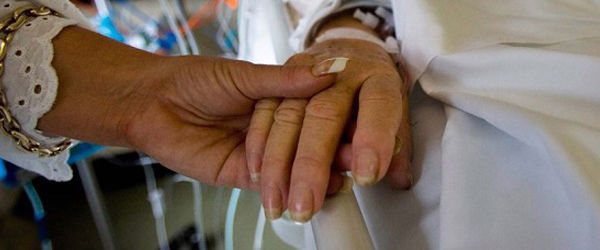In California there are several forms of punishment for those among us who have committed crimes. Individuals found guilty of a criminal offense can be placed on probation, fined or incarcerated in a jail or prison. Minors can be punished and sentenced to juvenile facilities and, in some cases, minors who are 14 or older can be treated as adults. Sentences often “do not fit the crime.”
According to the Department of Justice (DOJ), the federal government and the 50 states spent more than $80 billion on prisons and jails in 2010. Our Golden State alone spent more than $9 billion on prisons and jails in 2013 with an annual average cost of more than $50,000 to house each inmate. Many families wish for an annual income equal to the cost of having one person incarcerated.
Despite all that California spends on prisons and jails, in 2011 the U.S. Supreme Court ruled that our state prisons were so overcrowded (149, 569 in 2011) that they violated the Eighth Amendment’s ban on cruel and unusual punishment. To meet the Supreme Court ruling, our state is under a federal order to reduce the prison population so that it does not surpass 137 percent of designed capacity. Currently, our state prisons operate at 150 percent of designed capacity which means we need a reduction of about 10,000 prisoners.
This brings us to Proposition 47, The Safe Neighborhoods and Schools Act. Prop 47 will be on the November ballot and it attempts to address prison overcrowding as well as sentencing discrepancies currently in place. It would reduce penalties for some nonviolent crimes by reclassifying certain felonies as misdemeanors unless the defendant in question has prior convictions for violent and serious crimes.
Prop. 47 also would permit resentencing for anyone currently serving a prison sentence for any of the reclassified offenses. Certain offenders who have already completed a sentence for one of those felonies could also seek court approval to have their convictions reclassified as misdemeanors and their punishment adjusted.
If Prop. 47 is approved, funds now spent on keeping the affected persons in prison or jail would be directed to create the “Safe Neighborhoods and Schools Fund.” The fund would be used for truancy and drop-out prevention programs in schools, victims’ services, and mental health and drug treatment services — all designed to keep individuals out of prison and jail.
What will make our communities safer in the long run is an approach to criminal justice that is fair and just. Prop 47 is designed to do that. We all agree that any person who commits a crime causes harm to their community in some manner; whether physical, financial or emotional — a person’s criminal behavior negatively impacts those around him or her. But so does a criminal justice system that maintains a blind devotion to incarceration premised on punishment, vengeance, and rule books.
Again, sentencing should depend on the offender’s history and the details of the crime. There is no simple solution to any of this and we should take to heart what the California Bishops wrote in their recent letter supporting Prop 47:
“A debate on criminal justice practices is long-overdue in California and it requires thoughtful attention. Distilling complex realities to ‘soft’ or ‘tough’ on crime slogans ignores the fact that we are dealing with real human lives, with complicated social dynamics and with the need to balance accountability, justice and fairness in our justice system. Prisons do not make good schools or good mental health programs. Proposition 47 can help us do better than that.”
Andrew Rivas is the government and community relations director for the Archdiocese of Los Angeles.

